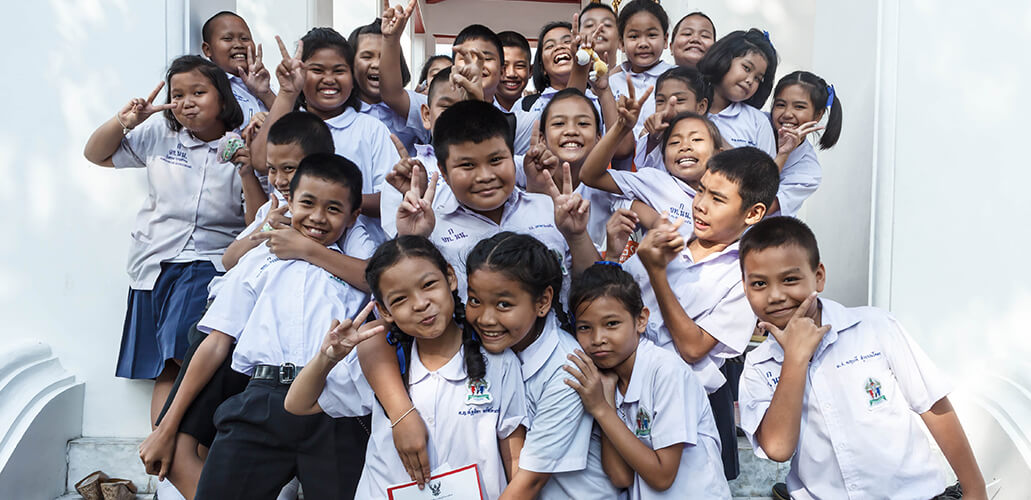The SDG 4 – Education 2030 agenda emphasizes equity and inclusion and echoes the fact that human rights and the right to education have taken on renewed importance in recent years. The global education agenda can be seen, on the one hand, as another steering mechanism to realize the right to education but, on the other hand, the continued focus on national performance might steer education processes and reforms away from the rights of individuals. Many hurdles persist to realize the vision and values behind the right to education, which remains a loosely defined imperative.
NORRAG seeks to contribute to advancing the RTE agenda through mobilizing the voices of all stakeholders in an effort to help shape the debate. It provides a space for education researchers, practitioners and other stakeholders to express their views and respond to the difficult questions raised above. International organizations, civil society, researchers and practitioners bring a wide range of perspectives to the table which have the potential to advance the realization of the RTE, explicitly or implicitly, in numerous points of debate and contention which deserve attention.
Within this cluster, a particular area of attention relates to second-chance education, that is, on those youth that either never enrolled or dropped out from formal schooling. One of the great barriers for never-enrolled or drop-out youth is the language of instruction in schools. As a result, NORRAG pays special attention to bilingual education and community schools by developing relevant activities over time

The thematic cluster covers, in particular, the following sub-themes:
For information about related activities and knowledge products: